 Relationships
Relationships
Intentional Dating: Build Meaningful Connections That Last
In a world dominated by swipe-culture and casual hook-ups, intentional dating emerges as a revolutionary approach to finding love that actually lasts. This mindful method of romantic connection prioritizes quality over quantity, depth over superficiality, and genuine compatibility over fleeting attraction.
Unlike traditional dating patterns that often leave people feeling exhausted and disconnected, intentional dating creates a pathway to meaningful relationships built on shared values, emotional intelligence, and authentic communication. Whether you’re tired of endless first dates that lead nowhere or seeking to transform your approach to love entirely, this comprehensive guide will equip you with the tools, strategies, and mindset shifts necessary to attract and maintain the deep connections you truly desire.
By the end of this article, you’ll understand not just what intentional dating is, but how to implement it effectively in your own life to create lasting, fulfilling partnerships.
What is Intentional Dating?

Intentional dating is a purposeful approach to romantic relationships that emphasizes clarity, authenticity, and alignment with your core values and life goals. Rather than dating aimlessly or hoping chemistry alone will sustain a partnership, intentional daters make conscious choices about who they pursue, how they communicate, and what they’re ultimately seeking in a relationship.
This approach involves several key components:
Self-awareness and clarity about your values, deal-breakers, and relationship goals before entering the dating scene. Intentional daters spend time understanding themselves deeply, including their attachment styles, communication patterns, and what they genuinely need in a partner.
Quality over quantity mentality where you focus on fewer, more promising connections rather than casting a wide net. This means being selective about who you invest time and emotional energy in, based on genuine compatibility indicators rather than surface-level attraction alone.
Authentic communication from the very beginning, including honest discussions about expectations, boundaries, and long-term goals. Intentional daters don’t play games or hide their true selves in hopes of being more appealing.
Mindful decision-making at every stage of the relationship, from the first date through long-term commitment. Each step forward is a conscious choice based on compatibility and shared vision rather than momentum or convenience.
Common misconceptions about intentional dating include the belief that it’s overly serious, clinical, or removes spontaneity from romance. In reality, intentional dating creates space for deeper intimacy and more genuine spontaneity because it builds relationships on solid foundations of trust and understanding.
Why is Intentional Dating Important?

In today’s fast-paced digital world, intentional dating has become more crucial than ever for several compelling reasons. The modern dating landscape presents unique challenges that make purposeful approaches to relationships not just helpful, but essential for those seeking lasting love.
Combats dating fatigue and burnout. The endless cycle of matching, messaging, and disappointing dates has left millions feeling exhausted and cynical about love. Intentional dating provides a sustainable alternative that protects your emotional energy while increasing your chances of meaningful connection.
Addresses the paradox of choice. With seemingly unlimited options through dating apps and social media, many people struggle with commitment and constantly wonder if someone “better” is just a swipe away. Intentional dating helps you focus on building something real with compatible partners rather than perpetually searching for perfection.
Creates deeper, more satisfying relationships. Research consistently shows that relationships built on shared values, emotional compatibility, and clear communication are more stable and fulfilling than those based primarily on physical attraction or convenience.
Saves time and emotional energy. By being clear about what you want and communicating openly, you can quickly identify incompatible matches and invest your resources in promising connections. This efficiency is particularly valuable for busy professionals and those who’ve experienced dating disappointments.
Builds stronger foundations for long-term success. Couples who practice intentional dating principles report higher satisfaction, better communication, and greater resilience during challenging times. The skills developed through intentional dating—like honest communication and conflict resolution—serve relationships well beyond the dating phase.
The relevance to today’s audience is undeniable. Whether you’re a recent college graduate entering the dating world, a professional seeking serious partnership, or someone returning to dating after divorce, intentional approaches offer a roadmap to the meaningful relationships that superficial dating culture often fails to deliver.
Historical Context and Evolution

The concept of intentional dating, while recently named, has roots that stretch back through various cultural and historical approaches to partnership formation. Understanding this evolution helps contextualize why intentional dating resonates so strongly in our current era.
Traditional courtship models in many cultures emphasized intentionality through structured processes designed to assess compatibility. These systems, while often restrictive, prioritized long-term partnership success over immediate gratification. Families played active roles in partner selection, considering factors like shared values, economic compatibility, and character assessment.
The rise of romantic love in the 18th and 19th centuries shifted focus toward emotional connection and personal choice, but maintained elements of intentionality through lengthy courtship periods and clear progression markers. Couples spent significant time getting to know each other in various social contexts before making commitments.
Mid-20th century dating culture introduced more casual approaches, with “going steady” and formal dating rituals that still maintained some intentional elements. However, the sexual revolution and changing social norms began to blur traditional boundaries and expectations.
The digital revolution of the late 20th and early 21st centuries fundamentally transformed how people meet and connect. While technology expanded possibilities, it also contributed to the commodification of dating and the rise of hook-up culture, creating a backlash desire for more meaningful approaches.
The emergence of intentional dating as a named movement represents a conscious response to modern dating challenges. Influenced by mindfulness practices, psychology research on relationships, and growing awareness of attachment theory, this approach combines the best aspects of traditional intentionality with contemporary understanding of healthy relationships.
Key milestones include the popularization of attachment theory in relationship contexts, the rise of relationship coaching as a profession, and the growing acceptance of therapy and personal development work as normal parts of adult life. These shifts created cultural space for more conscious approaches to love and partnership.
Core Principles of Intentional Dating

Successful intentional dating rests on several foundational principles that guide decision-making and behaviour throughout the relationship journey. These principles work together to create an environment where meaningful relationships can flourish.
Self-Knowledge and Personal Growth
Before you can build a meaningful relationship with someone else, you must develop a deep understanding of yourself. This includes identifying your core values, understanding your attachment style, recognizing your patterns in relationships, and knowing your non-negotiables.
Effective self-knowledge work involves regular self-reflection, possibly working with a therapist or coach, journaling about past relationships and patterns, and honest assessment of your strengths and areas for growth. Many successful intentional daters spend months or even years in personal development before actively seeking partnership.
Clear Communication and Boundaries
Intentional dating requires exceptional communication skills and the courage to be vulnerable and honest from early interactions. This means expressing your needs and expectations clearly, asking meaningful questions about compatibility, sharing your relationship goals openly, and addressing concerns or conflicts directly rather than avoiding them.
Healthy boundaries are equally important. This includes knowing and communicating your limits, respecting others’ boundaries without taking them personally, maintaining your individual identity within relationships, and being willing to walk away from incompatible situations.
Values-Based Decision Making
Rather than making choices based on chemistry alone, intentional daters prioritize alignment in core values and life goals. This involves identifying what matters most to you in life and relationships, assessing potential partners for genuine compatibility in these areas, and being willing to end promising relationships that lack fundamental alignment.
Common areas for values assessment include views on family and children, financial approaches and goals, career priorities and work-life balance, spiritual or religious beliefs, lifestyle preferences and health priorities, and communication and conflict resolution styles.
Mindful Presence and Patience
Intentional dating requires slowing down and being fully present in each interaction rather than rushing toward outcomes. This means giving relationships time to develop naturally, paying attention to how you feel in someone’s presence, noticing red flags without dismissing them, and resisting pressure to move faster than feels comfortable.
This principle also involves accepting that finding the right person may take time and that quality connections are worth waiting for. Many intentional daters report that slowing down actually accelerated their path to meaningful relationships by helping them avoid time-wasting incompatible matches.
How Intentional Dating Applies in Practice

Implementing intentional dating requires translating principles into concrete actions and behaviours. Here’s how to apply these concepts throughout your dating journey, from preparation through relationship building.
Pre-Dating Preparation Phase
Before actively seeking a partner, successful intentional daters invest time in comprehensive self-preparation. This phase typically lasts several months and involves multiple components.
Complete a thorough self-assessment by examining your relationship history for patterns, identifying your attachment style and how it affects your relationships, clarifying your core values and life priorities, and determining your relationship goals and timeline.
Develop your communication skills through practicing vulnerable conversation with friends or family, learning active listening techniques, developing conflict resolution abilities, and becoming comfortable expressing needs and boundaries.
Create your “relationship vision” by writing detailed descriptions of your ideal partnership, identifying must-haves versus nice-to-haves in a partner, clarifying your deal-breakers and non-negotiables, and envisioning how you want to feel in your ideal relationship.
Strategic Partner Selection
Intentional daters approach partner selection with careful consideration rather than random attraction. This involves choosing dating platforms and social contexts that align with your goals, creating authentic profiles that reflect your true self and intentions, and developing criteria for initial compatibility assessment.
Effective screening techniques include asking values-based questions early in conversations, paying attention to how potential partners communicate about past relationships, observing their behaviour in various social contexts, and assessing their emotional intelligence and self-awareness.
Rather than pursuing multiple casual connections simultaneously, focus your energy on 1-3 promising prospects who demonstrate genuine compatibility potential. This allows for deeper exploration while preventing emotional overwhelm.
Intentional Date Planning and Interaction
Every interaction should be designed to facilitate genuine connection and compatibility assessment. This means choosing activities that allow for meaningful conversation, creating environments where both people can be authentic, and asking questions that reveal character and values rather than just surface preferences.
Effective first date strategies include selecting quiet venues conducive to conversation, planning activities that reveal personality (like volunteering together), preparing thoughtful questions about values and life goals, and paying attention to how your date treats service workers and handles unexpected situations.
Progressive relationship building involves gradually increasing emotional intimacy and vulnerability, introducing your date to different aspects of your life and social circle, observing how they handle stress and challenges, and having explicit conversations about relationship goals and expectations.
Communication Techniques for Deep Connection
Building meaningful relationships requires mastering specific communication skills that foster intimacy and understanding. Key techniques include active listening without immediately offering solutions, asking open-ended questions that invite emotional sharing, expressing appreciation and gratitude regularly, and addressing concerns or conflicts promptly and constructively.
Vulnerability practices that strengthen connection include sharing your authentic feelings and experiences, admitting mistakes and areas for growth, expressing your needs and desires clearly, and creating safe space for your partner to be equally open.
Regular “relationship check-ins” become crucial as connections deepen. These conversations involve discussing what’s working well in the relationship, addressing any concerns or areas for improvement, aligning on future goals and timelines, and ensuring both partners feel heard and valued.
Hacks and Best Practices

Experienced intentional daters have developed specific strategies and shortcuts that dramatically improve their success rates. These insider techniques can help you avoid common pitfalls and accelerate your path to meaningful connection.
The “Values Conversation” Framework
One of the most powerful tools for assessing compatibility is the structured values conversation. This typically happens within the first few dates and involves exploring key life areas systematically. Create a list of 20-30 values-based questions covering topics like family goals, financial philosophy, career priorities, lifestyle preferences, conflict resolution styles, and personal growth approaches.
Present this as an exciting opportunity to really get to know each other rather than an interrogation. Many couples report that this conversation, while initially intimidating, created immediate intimacy and clarity about their potential future together.
The “Red Flag Documentation” System
Keep a private journal documenting both positive signs and concerning behaviours you observe in potential partners. This prevents the common tendency to minimize red flags when chemistry is strong and helps you make more objective decisions about relationship potential.
Categories to track include communication patterns, treatment of others, emotional regulation, consistency between words and actions, respect for boundaries, and alignment with stated values. Patterns often become clear within 6-8 weeks of consistent interaction.
Strategic Vulnerability Timing
Share personal information and emotions in a graduated way that builds trust and intimacy without overwhelming new connections. Start with moderately personal stories and observations, then gradually increase emotional depth as the relationship demonstrates stability and mutual respect.
This prevents both the mistake of oversharing too quickly (which can create emotional overwhelm) and the opposite error of remaining too surface-level for too long (which prevents real connection from forming).
The “Integration Test”
Before making serious commitments, consciously integrate potential partners into different areas of your life to assess overall compatibility. This includes introducing them to friends and family, including them in work-related social events, sharing everyday activities and routines, traveling together or handling stress together, and observing how they interact with your interests and hobbies.
Pay particular attention to how they handle these various contexts and whether they enhance or detract from your experience in each area. Compatible partners generally fit well into most aspects of your existing life while also bringing positive additions.
Boundary Setting Scripts
Develop specific language for communicating common boundaries clearly and kindly. Examples include: “I prefer to take physical intimacy slowly while we’re getting to know each other,” “I’m looking for a committed relationship and want to be upfront about that,” and “I need some space to process our conversation before we talk about this again.”
Having these scripts prepared prevents you from agreeing to things that don’t feel right simply because you’re unprepared to articulate your boundaries in the moment.
Common Misconceptions and FAQs

Despite growing interest in intentional dating, several myths and misunderstandings persist that can prevent people from embracing this approach effectively.
Misconception: Intentional Dating Eliminates Romance and Spontaneity
Reality: Intentional dating actually creates more space for authentic romance by building relationships on solid foundations of trust and compatibility. When you’re not constantly worried about whether your partner shares your core values or long-term goals, you can relax into enjoying romantic moments more fully.
Spontaneity becomes more meaningful when it happens within the context of a secure, committed relationship. Many intentional dating couples report that their relationships feel more romantic and passionate than previous casual connections because the emotional safety allows for greater vulnerability and intimacy.
Misconception: It’s Too Serious or Clinical
Reality: While intentional dating involves more upfront conversation about goals and values, it doesn’t eliminate fun, playfulness, or natural relationship development. The key is integrating serious conversations naturally into the getting-to-know-you process rather than turning dating into a business transaction.
Successful intentional daters learn to balance meaningful discussion with light-hearted activities and maintain their sense of humour throughout the process. The goal is conscious connection, not joyless evaluation.
Misconception: You Have to Know Exactly What You Want
Reality: While clarity about core values and general relationship goals is important, you don’t need every detail figured out before beginning intentional dating. Part of the process involves discovering what works for you through mindful experience and reflection.
The key is being honest about your current level of clarity and remaining open to growth and learning. Many people discover important preferences and insights about themselves through intentional dating experiences.
Frequently Asked Questions
Q: How long should I wait before having “serious” conversations about the future? A: Values-based conversations should happen within the first few dates, but specific timeline discussions (like marriage or children timing) can wait until you’ve established mutual interest and compatibility, typically 1-3 months depending on your ages and circumstances.
Q: What if someone I’m interested in isn’t ready for intentional dating? A: You can’t force someone to adopt intentional dating principles, but you can model them yourself and see if the other person responds positively. If they consistently avoid serious conversation or resist discussing future goals, they may not be ready for the kind of relationship you want.
Q: How do I know if I’m being too picky? A: Regular self-reflection and possibly working with a therapist or coach can help you distinguish between healthy standards and perfectionism. If you’re consistently finding fault with otherwise compatible people, you may need to examine your expectations. If you’re compromising on core values, you may need higher standards.
Q: Can intentional dating work if I’ve been hurt in past relationships? A: Yes, but it often requires additional healing work before or during the dating process. Many people find that intentional dating principles actually help them avoid repeating painful patterns and build healthier relationships. Consider working with a therapist to address past trauma that might interfere with your ability to connect authentically.
Q: How do I handle rejection when I’m being intentional? A: Rejection in intentional dating often stings less because you know it’s based on genuine incompatibility rather than superficial factors. Focus on viewing rejection as valuable information that saves you time and energy, and remember that finding the right person often requires eliminating many wrong matches first.
Expert Insights, Data, and Research

Contemporary relationship research strongly supports the principles underlying intentional dating, providing scientific backing for what many people intuitively understand about building lasting partnerships.
Dr. John Gottman’s decades of research on relationship success has identified several key predictors of long-term partnership satisfaction that align closely with intentional dating principles. His studies show that couples who maintain positive interaction ratios, practice effective conflict resolution, and build strong friendship foundations have divorce rates of less than 4% compared to the general population rate of approximately 50%.
Attachment theory research by Dr. Sue Johnson and others demonstrates that securely attached individuals are more likely to form stable, satisfying relationships. Intentional dating practices like clear communication, consistent behaviour, and gradual intimacy building help create the safety and trust that characterize secure attachment, even for those who didn’t develop it naturally in childhood.
Data on modern dating challenges supports the need for more intentional approaches. Studies show that the average person spends 90 minutes daily on dating apps, yet 71% report that these apps haven’t led to meaningful relationships. Meanwhile, research on arranged marriages (which prioritize compatibility over chemistry) shows satisfaction rates that equal or exceed love-based marriages over time.
According to relationship coach and bestselling author Matthew Hussey, “The people who are most successful in love are those who approach it with the same intentionality they bring to other important areas of their lives. They don’t leave their romantic future to chance any more than they would leave their career to chance.”
Psychological research on decision-making reveals that people make better choices when they have clear criteria and sufficient information. Dr. Barry Schwartz’s work on “The Paradox of Choice” shows that having unlimited options (like in online dating) can actually decrease satisfaction and increase regret. Intentional dating’s focus on compatibility criteria helps navigate this challenge.
Studies on relationship formation timing indicate that couples who take time to build friendship and emotional intimacy before physical intimacy report higher long-term satisfaction. Research by Dr. Dean Busby found that couples who delayed sexual intimacy had better relationship outcomes, including higher satisfaction, better communication, and lower divorce rates.
Neuroscience research on love and attachment shows that the brain chemicals involved in long-term pair bonding (oxytocin and vasopressin) are strengthened through behaviours emphasized in intentional dating: consistent positive interactions, emotional vulnerability, and shared experiences that build trust and intimacy over time.
Common Mistakes and How to Avoid Them

Even well-intentioned daters can fall into predictable traps that undermine their success. Understanding these common mistakes helps you navigate challenges more effectively and stay true to intentional dating principles.
Mistake 1: Rushing Physical Intimacy
Many people confuse physical chemistry with emotional compatibility and rush into sexual relationships before establishing emotional foundations. While physical attraction is important, early sexual involvement can cloud judgment about long-term compatibility and create premature emotional attachment.
How to avoid: Establish your physical intimacy boundaries before dating begins and communicate them clearly. Focus on building emotional intimacy first through deep conversation, shared experiences, and gradual vulnerability. Many successful intentional daters wait at least 6-8 weeks before becoming sexually involved.
Mistake 2: Ignoring Red Flags Due to Chemistry
Strong physical or emotional attraction can cause people to minimize concerning behaviours or incompatibilities. This “chemistry override” is one of the most common reasons relationships fail despite initial promise.
How to avoid: Keep your “red flag documentation” system active regardless of how attracted you feel. Discuss concerning behaviours with trusted friends who can provide objective perspective. Remember that healthy relationships require both chemistry AND compatibility.
Mistake 3: Over-Analysing Every Interaction
Some people become so focused on assessment and evaluation that they forget to be present and enjoy the relationship development process. This can create anxiety and prevent natural connection from forming.
How to avoid: Balance evaluation with enjoyment by scheduling specific times for reflection and analysis rather than constantly scrutinizing every interaction. Trust your intuition and overall feelings about the relationship rather than dissecting every conversation.
Mistake 4: Avoiding Difficult Conversations
Fear of conflict or rejection can cause people to avoid important discussions about values, goals, and expectations. This prevents the deep understanding necessary for intentional relationships.
How to avoid: Develop comfort with vulnerable conversation through practice with friends or family. Remember that avoiding difficult topics now often leads to bigger problems later. Frame challenging conversations as opportunities to deepen connection rather than potential relationship threats.
Mistake 5: Settling Due to Scarcity Mindset
Some people convince themselves to continue relationships with incompatible partners because they fear they won’t find anyone better. This scarcity thinking prevents them from holding out for truly compatible matches.
How to avoid: Work on building a fulfilling single life so you’re dating from choice rather than desperation. Regularly remind yourself of your standards and why they matter. Trust that compatible partnerships exist and are worth waiting for.
Mistake 6: Losing Individual Identity
In the excitement of a promising new relationship, some people merge too quickly and lose their individual interests, friendships, and goals. This co-dependency undermines healthy relationship development.
How to avoid: Maintain your individual interests, friendships, and goals throughout the dating process. A healthy partner will encourage your individual growth rather than requiring you to diminish yourself. Use relationship development as an opportunity to become a better individual, not to lose yourself.
Related Concepts and Further Reading

Intentional dating connects to several broader concepts in psychology, personal development, and relationship science that can deepen your understanding and skills.
Attachment Theory provides crucial insight into how early relationships shape adult romantic patterns. Understanding your attachment style (secure, anxious, avoidant, or disorganized) helps you recognize your triggers and needs in relationships. Recommended reading includes “Hold Me Tight” by Dr. Sue Johnson and “Attached” by Amir Levine and Rachel Heller.
Mindfulness and Present-Moment Awareness support intentional dating by helping you stay grounded in your authentic experience rather than getting caught up in fantasy or anxiety about the future. Books like “Wherever You Go, There You Are” by Jon Kabat-Zinn provide practical mindfulness techniques applicable to relationships.
Emotional Intelligence encompasses the ability to understand and manage your own emotions while empathizing with others—essential skills for building meaningful connections. Daniel Goleman’s work on emotional intelligence offers frameworks for developing these capabilities.
Communication Theory and Nonviolent Communication provide specific tools for expressing needs, handling conflicts, and building intimacy through authentic dialogue. Marshall Rosenberg’s “Nonviolent Communication” is particularly valuable for learning to communicate about challenging topics with compassion and clarity.
Personal Development and Self-Actualization create the foundation for healthy relationships by ensuring you’re bringing your best self to partnerships. Works by Carl Jung, Abraham Maslow, and contemporary authors like Brené Brown explore the ongoing journey of becoming fully yourself.
Systems Theory helps understand how relationships function as interconnected systems rather than just two individuals coming together. This perspective illuminates how partners influence each other and how relationships fit into broader life contexts.
Relationship Research and Science continues evolving our understanding of what makes partnerships successful. Following researchers like John Gottman, Helen Fisher, and Arthur Aron provides access to cutting-edge insights about love, attraction, and long-term relationship success.
For those interested in deeper exploration, consider working with relationship coaches who specialize in intentional dating approaches, joining support groups or workshops focused on conscious relationships, and engaging in personal therapy to address any past relationship trauma or patterns that might interfere with your ability to connect authentically.
Tools and Resources

Building successful intentional dating skills requires the right combination of self-reflection tools, communication resources, and support systems. Here are specific recommendations for each phase of your journey.
Self-Assessment and Preparation Tools
Values Clarification Exercises: The VIA Character Strengths Survey helps identify your core character strengths, while tools like the Enneagram or Myers-Briggs can provide insight into personality patterns that affect relationships. Many of these assessments are available free online or through apps like Headspace or Insight Timer.
Attachment Style Assessment: The Adult Attachment Scale and Experiences in Close Relationships-Revised questionnaire help identify your attachment patterns. Understanding whether you lean anxious, avoidant, or secure in relationships provides crucial self-awareness for intentional dating.
Relationship History Analysis Worksheets: Create structured reviews of past relationships to identify patterns, lessons learned, and areas for growth. Templates are available through relationship coaches or self-help resources like “Getting the Love You Want” by Harville Hendrix.
Communication and Dating Apps
Values-Based Dating Platforms: While mainstream apps like Tinder focus on physical attraction, platforms like eHarmony, Match, Hinge, and OKCupid offer more detailed compatibility matching. Newer apps like The League and Raya cater to professionals seeking serious relationships.
Communication Skill Building: Apps like Relish provide relationship coaching and communication exercises. Books like “Crucial Conversations” by Kerry Patterson offer frameworks for handling difficult discussions with grace and effectiveness.
Journaling Apps: Digital tools like Day One, Journey, or simple note-taking apps help track dating experiences, insights, and patterns. Regular journaling supports the self-reflection essential to intentional dating success.
Professional Support Resources
Relationship Coaching: Coaches specializing in intentional dating can provide personalized guidance, accountability, and skill development. Look for coaches certified through organizations like the International Coach Federation (ICF) or those with specific training in attachment-based approaches.
Therapy and Counselling: Individual therapy helps address past relationship trauma, attachment issues, or personal development areas that might interfere with healthy relationship formation. Many therapists now offer online sessions for greater accessibility.
Workshops and Group Programs: Organizations like the Gottman Institute, Imago Therapy, and various relationship education programs offer workshops on communication skills, conflict resolution, and relationship building. These provide opportunities to practice skills in supportive environments.
Free vs. Paid Options
Many foundational resources are available at low or no cost, including library books on relationship skills, free online articles and videos from reputable sources, community workshops or support groups, and basic versions of assessment tools and apps.
Paid resources often provide more personalized guidance and comprehensive support, including professional coaching or therapy, premium dating app features, detailed assessment reports and interpretation, and intensive workshops or retreat experiences.
The key is starting with free resources to build basic knowledge and skills, then investing in paid support for areas where you need more personalized guidance or accountability.
Recommended Reads
We have added links for purchasing books that we believe you may find useful for gaining more knowledge on this topic. If you’ll use the provided links for your purchases, we’ll receive a small commission which will help us to continue publishing free quality content for you.
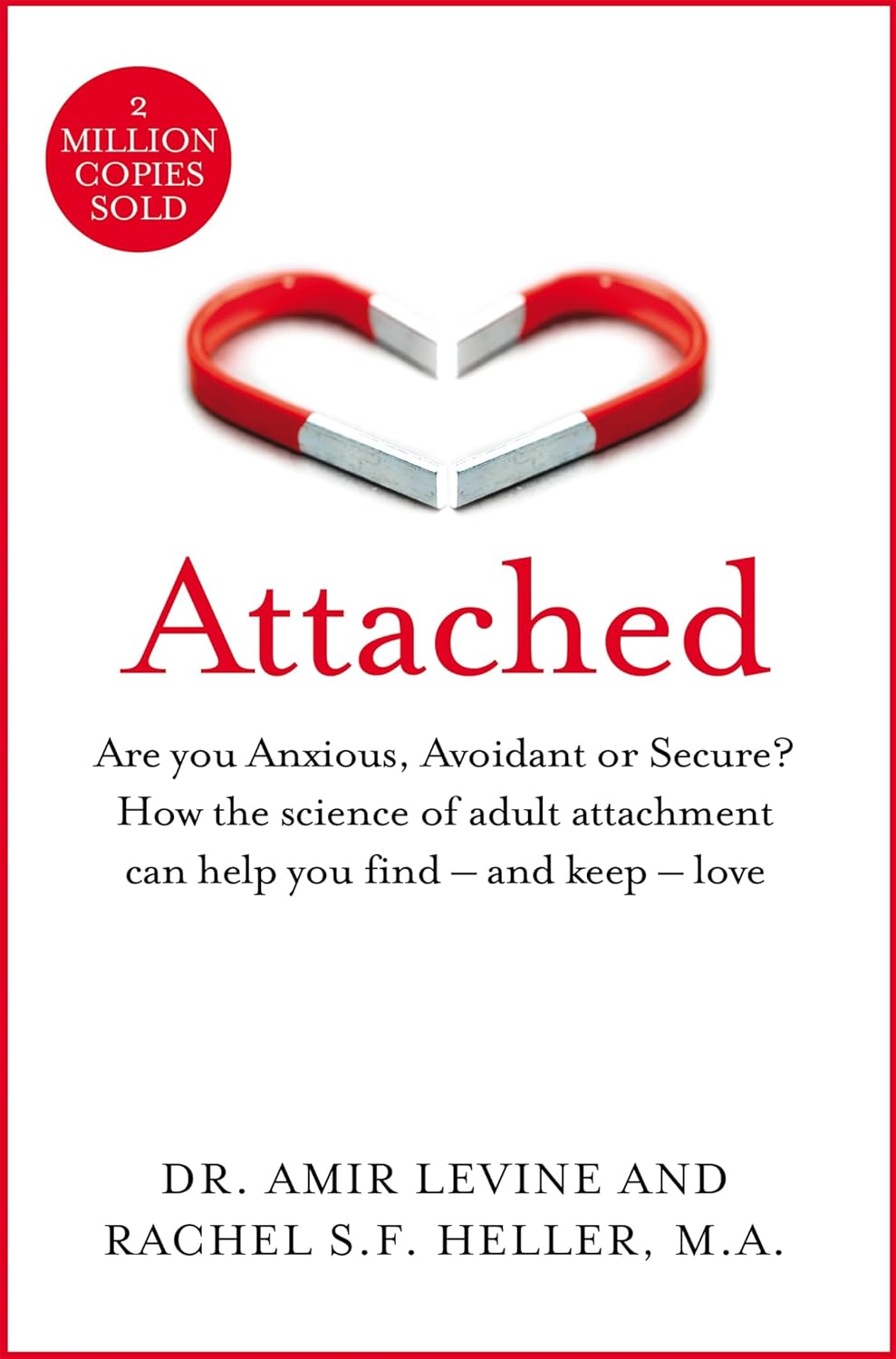
Attached
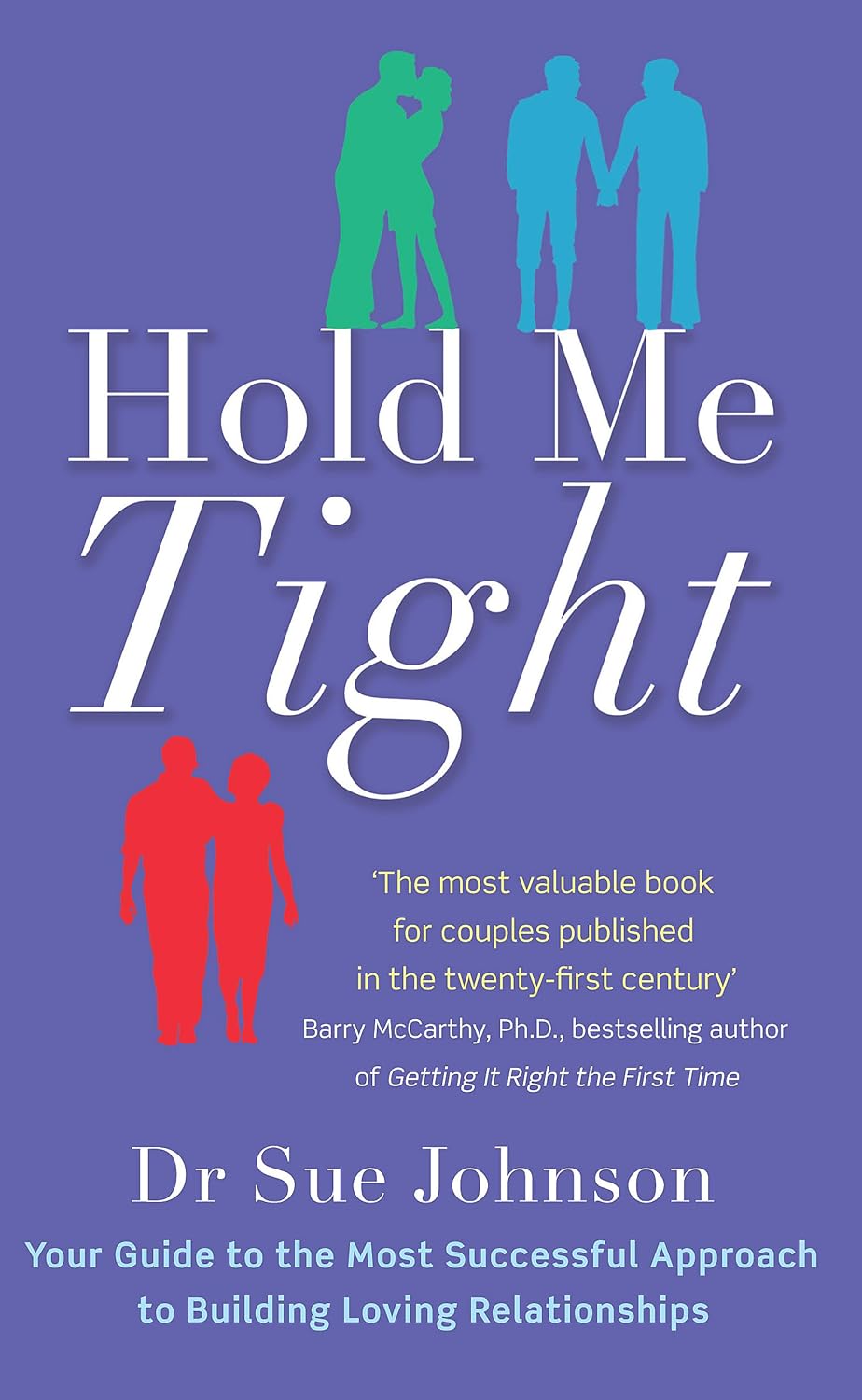
Hold Me Tight
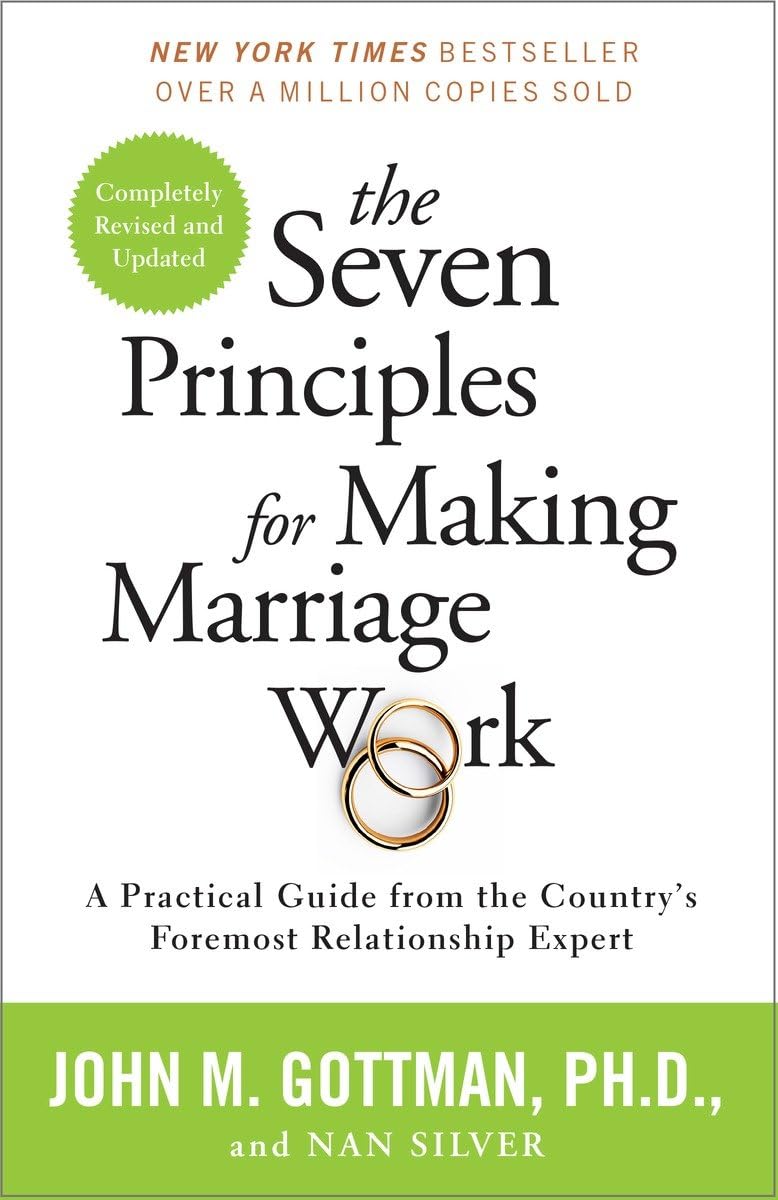
The 7 Principles of Making Marriage Work
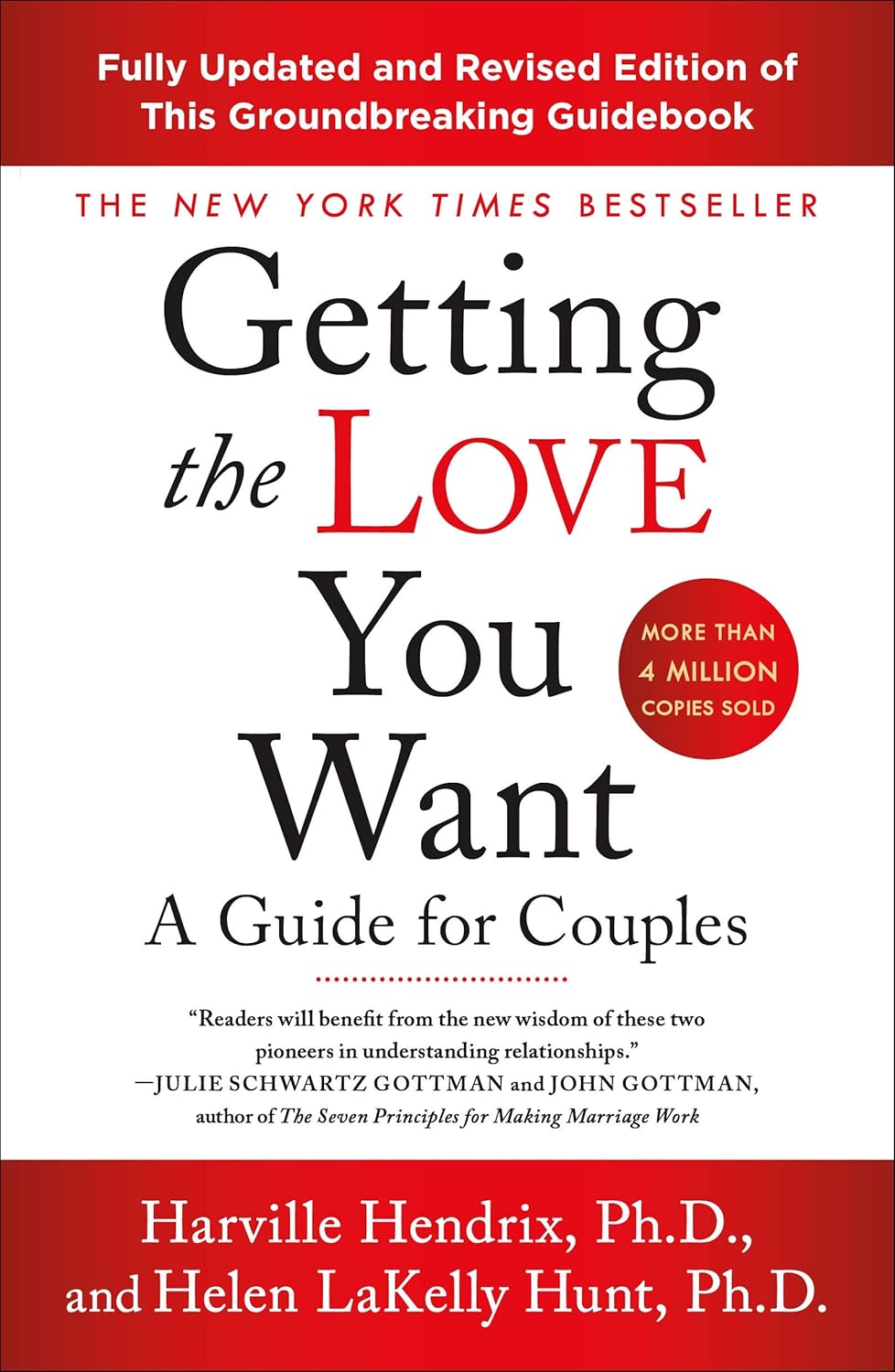
Getting the Love You Want
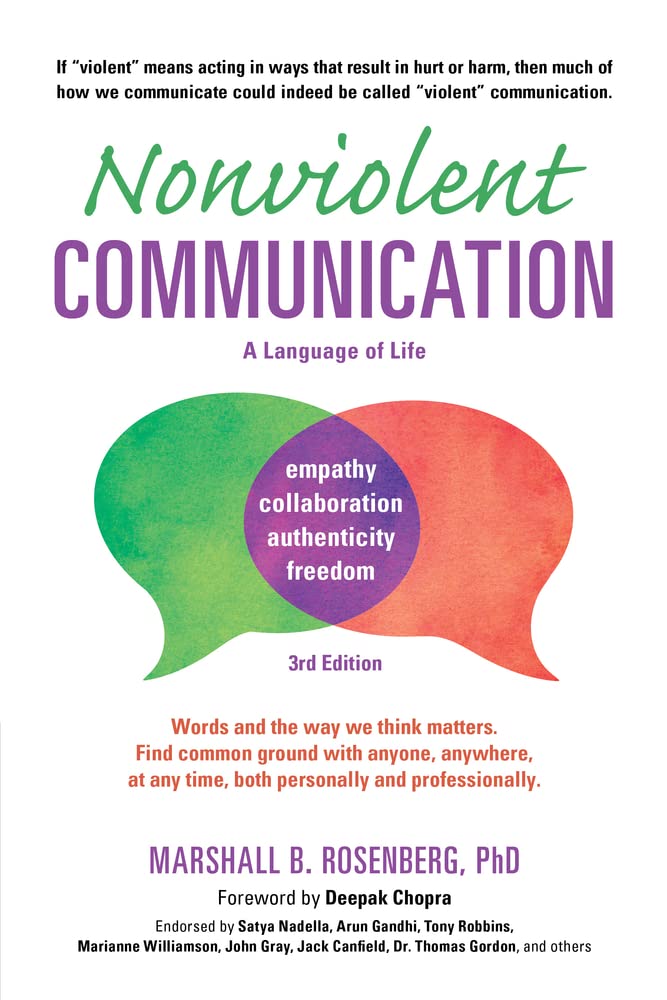
Nonviolent Communication
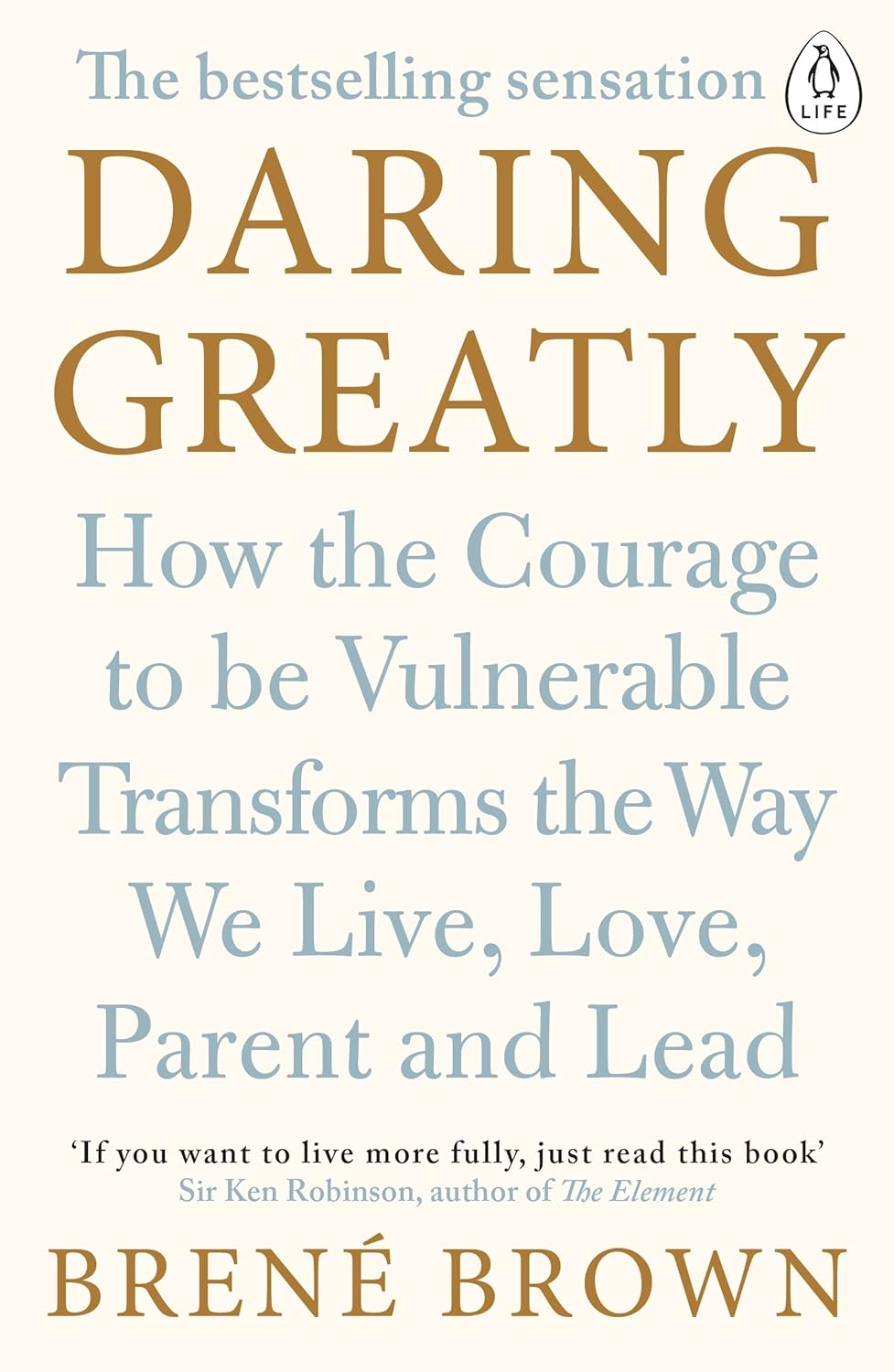
Daring Greatly

Boundaries
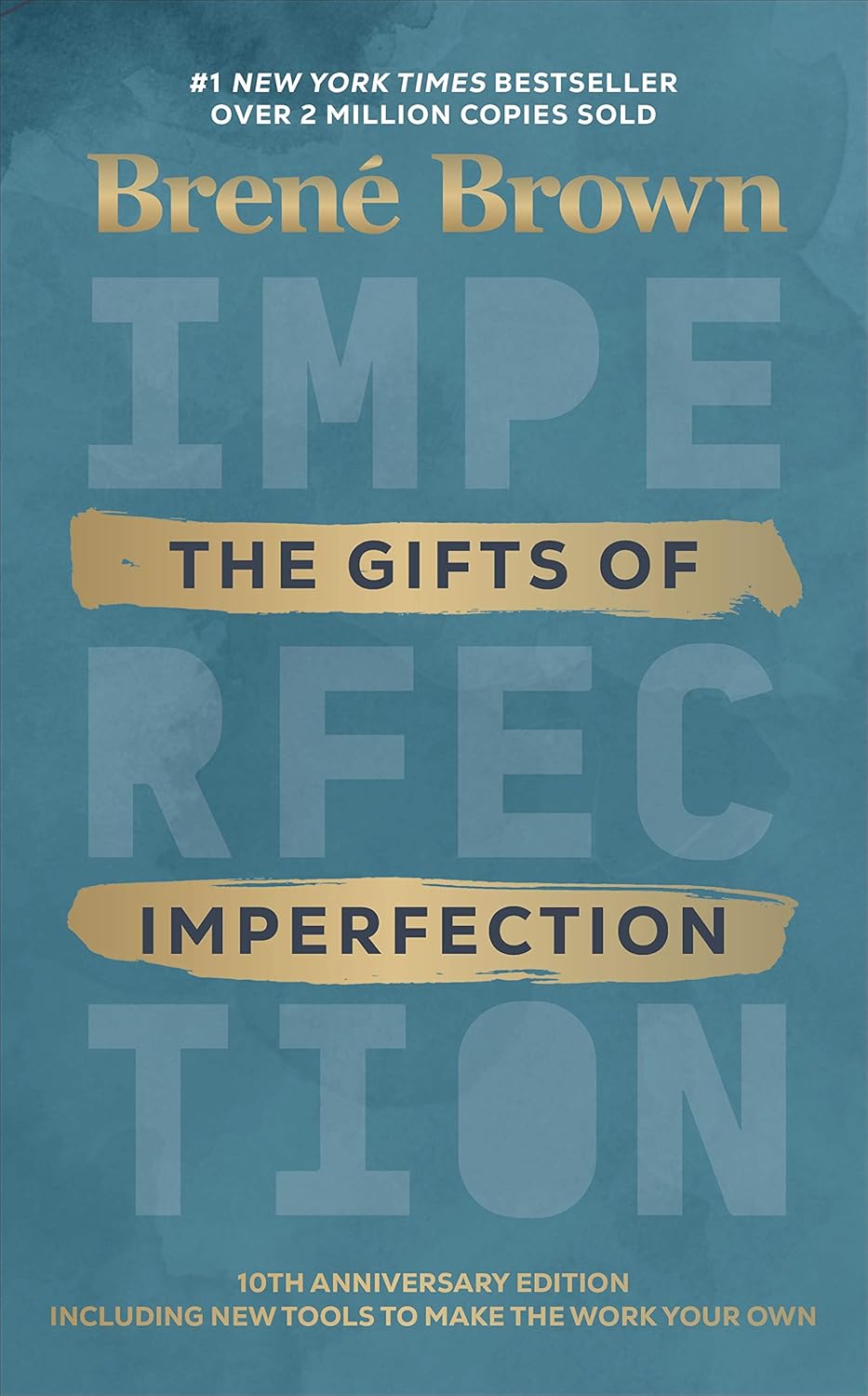
The Gifts of Imperfection
Conclusion

Intentional dating represents a fundamental shift from the casual, chemistry-focused approach that dominates modern dating culture to a purposeful, values-based method of building lasting partnerships. Throughout this comprehensive guide, we’ve explored how this approach addresses the unique challenges of contemporary romance while drawing on timeless principles of healthy relationship formation.
The key takeaways from intentional dating include the critical importance of self-knowledge and personal growth as the foundation for healthy relationships, the power of clear communication and vulnerability in building deep connections, the necessity of values alignment for long-term partnership success, and the value of patience and mindfulness in allowing relationships to develop naturally.
By implementing the strategies, tools, and principles outlined in this guide, you can transform your dating experience from a frustrating cycle of superficial connections to a purposeful journey toward meaningful, lasting love. Remember that intentional dating is not about finding the perfect person, but about becoming the kind of person who can build and maintain the relationship you truly desire.
The path to meaningful relationships requires courage, commitment, and consistent practice. There will be challenges, rejections, and moments of doubt along the way. However, the alternative—continuing to hope that random chance will deliver lasting love—has proven unsuccessful for millions of people seeking genuine connection in our modern world.
Your next steps: Begin with honest self-assessment and values clarification, commit to developing your communication and emotional intelligence skills, approach dating with clear intentions while remaining open to growth and learning, and build a support system of friends, family, or professionals who understand and encourage your intentional approach.
Ready to transform your dating life? The meaningful relationships you seek are not only possible but probable when you bring intentionality, authenticity, and commitment to the process. Your future self—and your future partner—will thank you for having the courage to date with purpose and the wisdom to build love that lasts.
Share this article with friends who are also seeking authentic love, and let us know in the comments what resonates most with your relationship goals.




